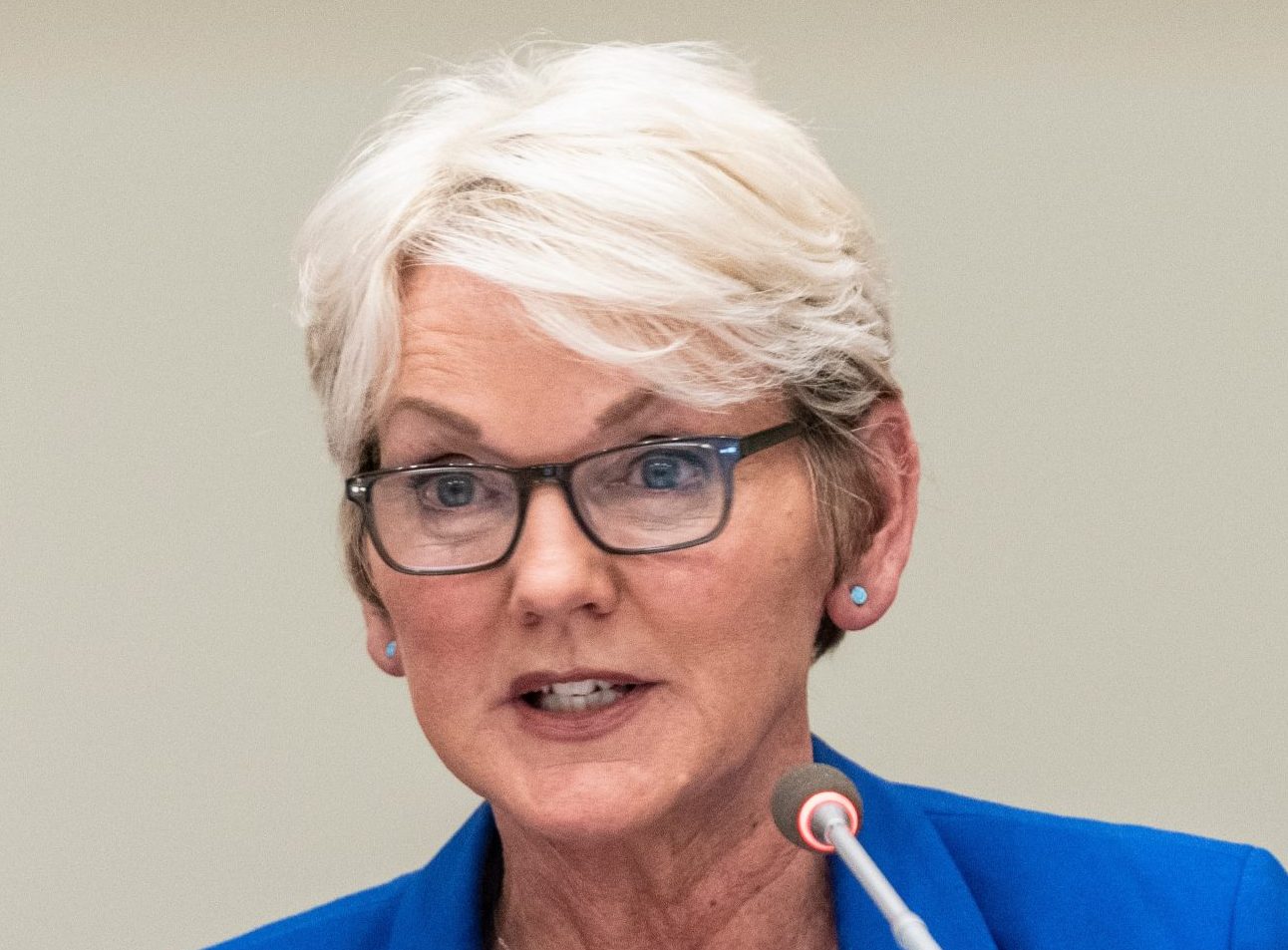Energy Sec. Granholm Admits She Lied To Congress About Stocks

Biden administration Energy Secretary Jennifer Granholm’s recent acknowledgment of providing a false statement to Congress raises the question of whether the president’s political appointments can meet the standards of transparency expected by the American people.
On Friday, Granholm admitted in a letter to the Senate Energy and Natural Resources Committee that her earlier statement regarding her stock holdings was false. In her April 20 testimony, she claimed that she owned no individual stocks. However, she later confessed that she did retain shares in six companies, despite divesting from most stocks during her confirmation process in 2021.
Granholm stated in her letter to the committee, “I mistakenly told the Committee that I did not own any individual stocks, whereas I should have said that I did not own any conflicting stocks.” This revelation raises concerns about the level of transparency exhibited by appointed officials, which is critical for maintaining public trust in the government.
Granholm’s belated admission raises eyebrows, especially considering her commitment during her confirmation hearings to maintain the highest ethical standards. Though corrective, the Secretary’s actions came too late, and only after her failure to disclose this information had been revealed.
In response to this incident, Sen. John Barrasso (R-WY), ranking member of the Senate Energy and Natural Resources Committee, criticized Granholm, stating, “Secretary Granholm lied to the committee about her family’s stock holdings. This comes after she failed to follow basic ethics and disclosure rules. This is a troubling pattern. It is unacceptable.”
Moreover, Granholm disclosed that her husband, Daniel Mulhern, had owned shares in Ford Motor Company worth $2,457.89, a detail omitted from previous Public Financial Disclosure Reports. Though the shares were sold shortly after their discovery, this case serves as another reminder of Granholm’s alleged “oversights” in maintaining transparency.
In defending Granholm, an Energy Department spokesperson insisted that the Secretary upholds the “highest ethical standards.” The spokesperson continued, “Upon realizing a comment made in error, the Secretary moved quickly to divest non-conflicting assets along with an asset held by her spouse of which she was previously unaware.”
All political appointees should demonstrate an unwavering commitment to high ethical standards right from the time of their confirmation hearings. While we can hope that Secretary Granholm’s experience serves as a reminder to all government officials about the importance of transparency, it does leave one to wonder whether this incident is a singular misstep or a symptom of a broader issue within the government.
























